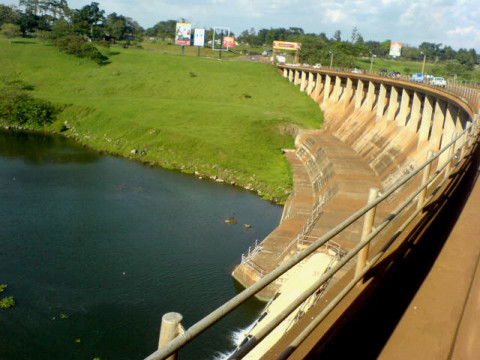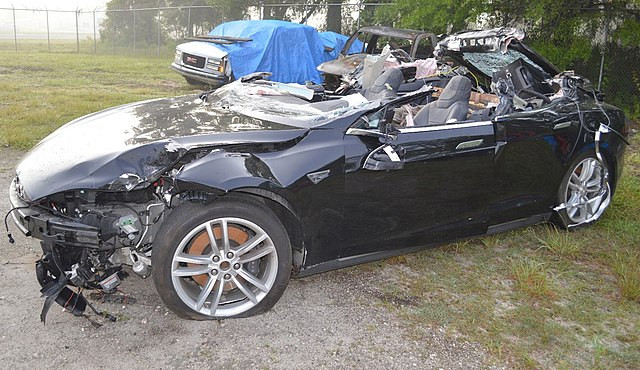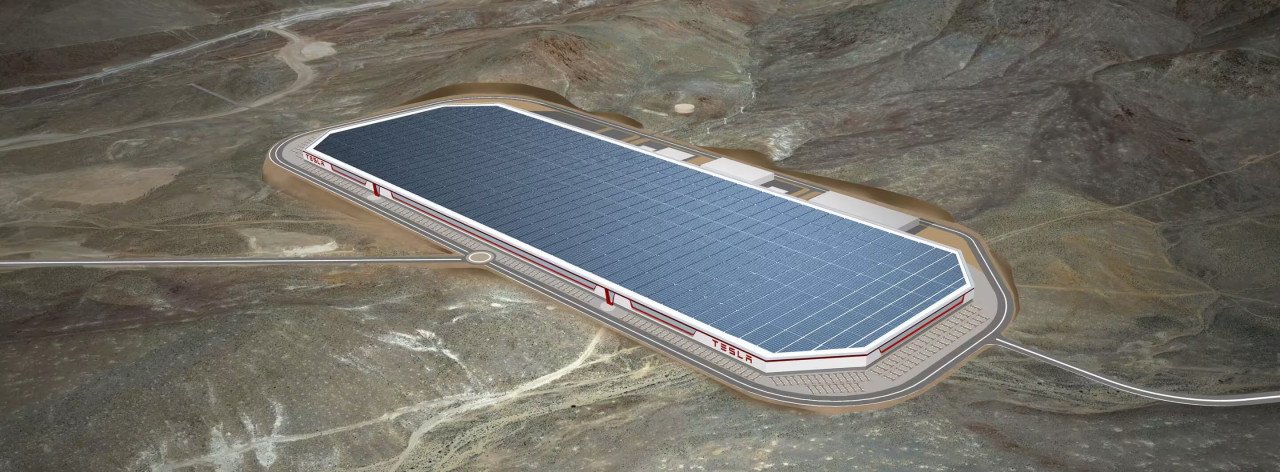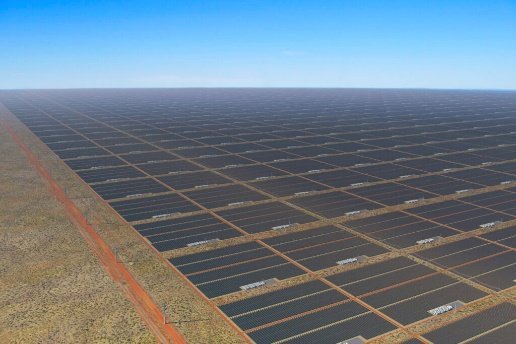Daily Shorts: Toyota boosts EV battery investment by $8 bn, Indonesia finalizes JETP plan, and more
Toyota announced plans to invest $8 billion in the company's electric vehicle battery manufacturing plant in North Carolina, USA, taking total investment in the project to around $14 billion. The factory is Toyota's first EV battery plant globally, and will begin operations in 2025, by which time the Japanese carmaker wants to offer EV variants of all its models. Toyota is pivoting to batteries after earlier betting on hybrids such as the Prius and hydrogen-fuel cell vehicles.
Indonesia's Just Energy Transition Partnership plan, which aims to help the country transition to clean power sources, has been announced. Under the agreement, the island nation will cut carbon emissions from its on-grid power sector to 250 million tonnes by 2030, while increasing its share of RE generation to 44 percent. That's an upgrade from the original agreement to peak power sector emissions at 290 million tonnes by 2030, with RE share in the energy mix at 34 percent. More than 400 projects requiring at least $67 billion in investment have already been identified.
Orsted, the world's largest offshore wind farm developer, booked a $4 billion impairment charge for January-September 2023 and announced it would cease work on US offshore wind projects Ocean Wind 1 and 2. The Danish wind company also said it had made a final investment decision on Revolution Wind, its offshore project based off the coast of Rhode Island, and that it expected the project to be completed by 2025. Orsted had warned of impairments earlier in the year, estimating that at below $2.5 billion at that time.
Renault's plans to list Ampere, its electric vehicle unit, might have run into turmoil again. Quoting unidentified sources, Reuters reports that the offering has been complicated by the weakness in EV demand, competition from Chinese EV makers and market volatility. Ampere's IPO was originally scheduled for the second half of this year, before being pushed to next year. Now, even that deadline is suspect given Renault's expectations. The French carmaker is seeking a valuation of at least €6-7 billion, according to sources.
Tesla emerged victorious in one of its first US trials over the company's autopilot feature and its involvement in a fatal crash. The case involves a Tesla that veered off the road and hit a tree in 2019, fatally injuring its driver. A California jury found there was no manufacturing defect in Autopilot, but the decision was narrow in nature — jurors considered the possibility of defect in a particular Tesla, rather than the overall system — limiting its implications in future litigation. Tesla's Autopilot is the center of several investigations; the company maintains the feature requires human oversight.



















